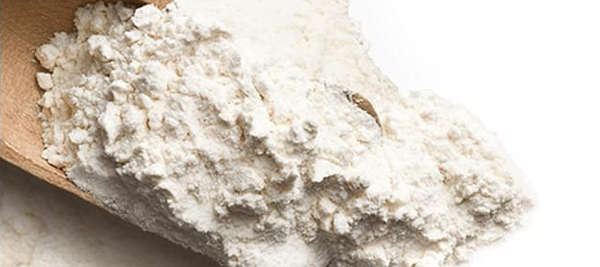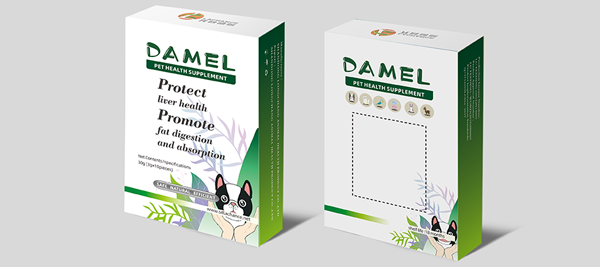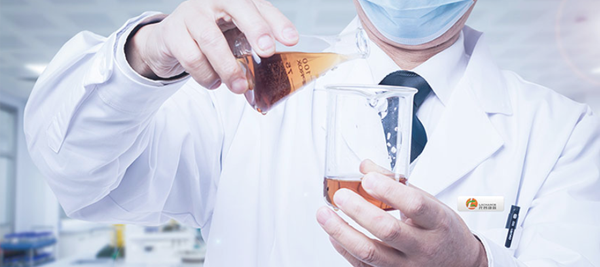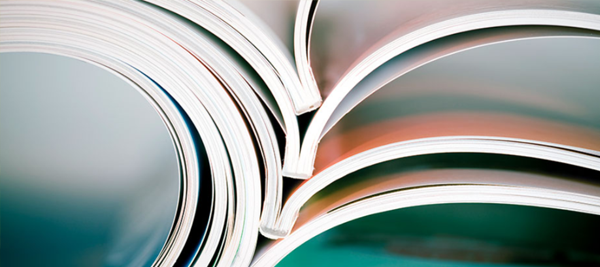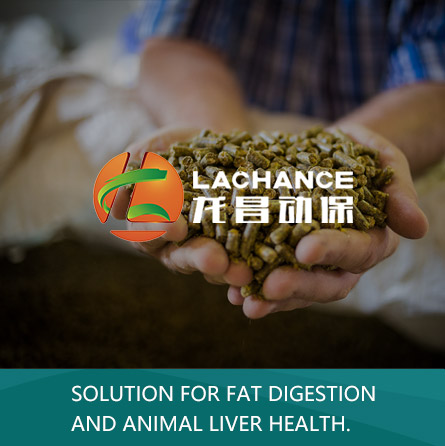What are the factors that affect chicken quality?
The quality of chicken is affected by many factors, from the production of broilers to slaughtering, sales, and storage, there are some factors affecting the quality of chicken. This article introduces the factors affecting chicken quality from species, nutrition, feeding, environment, slaughter, etc., hoping to produce chicken with better quality.
- Species
Species is the key factor affecting the quality of chicken, and the type and characteristics of muscle fiber are different with different species, such as different species, its meat color, tenderness, pH value, moisture, and amino acid content is different. The quality of chicken is also related to age, with the increase of age, the density of muscle fibers becomes smaller, the diameter of muscle fibers becomes larger, and the quality of chicken will also change.
- Nutrition
- 1.Protein and energy
Depending on the protein and energy levels in the feed, chicken flavor, and body fat deposition will also vary. In general, if the level of protein in the feed is low, the abdominal fat percentage of broilers will be increased, and if they are fed a high level of protein diet, the abdominal fat percentage will be relatively low. This is because when fed a diet with high protein levels, protein will digest more energy during digestion and absorption, and relatively less fat will be deposited. The content of amino acids in the feed affects the digestion and absorption of protein and has an impact on the quality of chicken. Suppose the content of one or several restrictive amino acids in the feed is low. In that case, the utilization rate of protein in the diet will be reduced, and the protein that cannot be used will be decomposed for energy or converted into body fat for storage, increasing the fat content of chicken.
The energy sources in the diet mainly include carbohydrates and fats. Oil raw materials can not only provide energy but also supply essential fatty acids and other nutrients to regulate fat metabolism and improve meat quality. For example, the study of Zhang Yanan et al showed that adding flaxseed oil to feed can not only increase the growth rate of broilers but also regulate lipid metabolism and improve meat color.
2. Vitamins
VA, VC, VD, VE, and other vitamins have the effect of regulating the quality of chicken, such as VE has an antioxidant effect, adding VE in the feed can ensure the stability of chicken during storage and inhibit the oxidation of meat caused by unsaturated fatty acids in the diet. Adding VC to the diet can improve the anti-stress ability of broilers, improve their production performance, and reduce the drip loss of chicken.
3. Minerals
Calcium, phosphorus, selenium, magnesium, iron, copper, and other mineral elements are not only necessary nutrients in the chicken production process, but also the key factors affecting the carcass and meat quality. For example, selenium is an important component of phospholipid peroxidase, which can prevent the body cells from being damaged by peroxides. Adding selenium to the diet can improve the quality and flavor of chicken meat, preventing oxidation and deterioration of meat during storage. Adding the right amount of magnesium to the diet can improve the antioxidant capacity of muscles under heat stress.
4. Additives
At present, bile acid feed additives used in production can regulate lipid metabolism, improve chicken quality, and increase flavor. Bile acid especially has a unique effect on wooden breasts and white striping. The action mechanism of bile acid on wooden breast is:

- Environmental factor
Environmental factors mainly refer to temperature, humidity, light, ventilation, etc. These factors are also related to the quality of chicken, especially temperature, which is the biggest environmental factor affecting the quality of chicken. Temperature changes will affect the feed intake of broilers. When the ambient temperature reaches 35℃or below 7℃, the meat production and fat deposition of broilers will decrease. Short-term, acute heat stress before slaughter can induce PSE meat and reduce the quality of chicken.
- Slaughter
Slaughtering is also an important link to improve meat quality, and enough attention should be paid to it.
- 1.Pre-slaughter stress
The stress caused by broilers before slaughter will seriously affect the quality of chicken meat, so the management level should be improved before slaughter to avoid the emergence of various stresses. For example, long-distance transportation will cause the increase of plasma corticosterone in the body, so that broilers are in a state of strong stress, and let the chickens rest fully after transportation, which can reduce the stress level and alleviate the decline in chicken quality.
2. Treatment after slaughter
After the slaughter of broilers, storage treatment should be carried out, if there is no standard operation, and it is placed at room temperature, the chicken will deteriorate, fermentation, corruption, etc., after some time. With the continuous in-depth research on slaughtering technology, slaughtering technology has gradually improved, and the application of some new methods and new technologies has also gradually improved the quality of meat, such as the application of ultra-high pressure technology, which can not only kill bacteria and enzymes but also improve the quality of meat.

